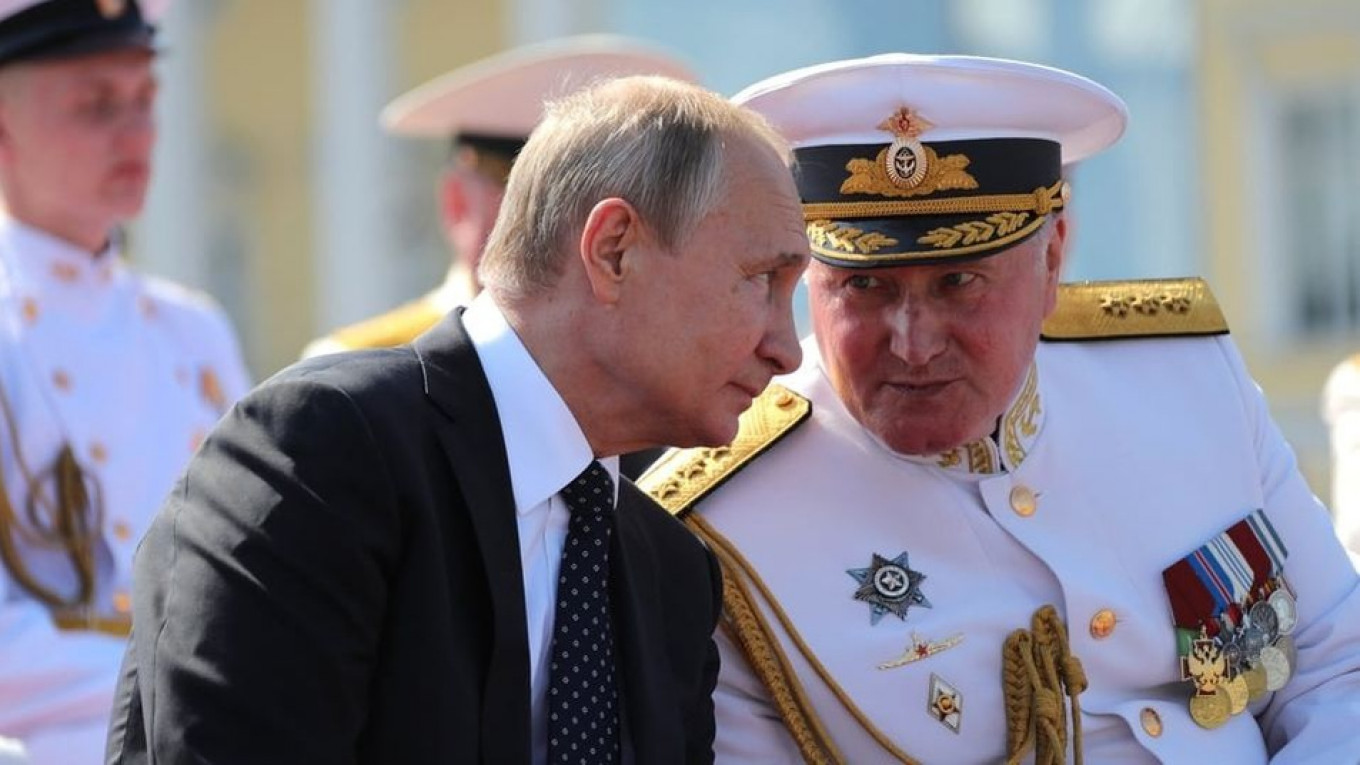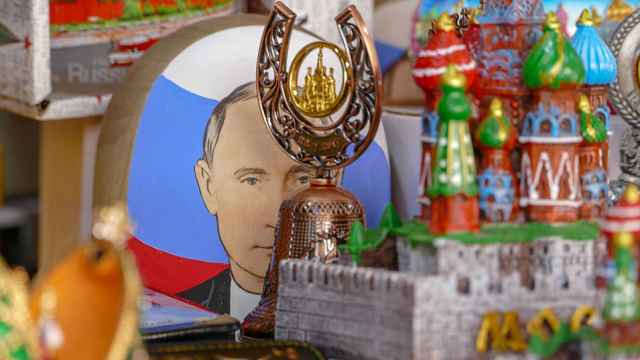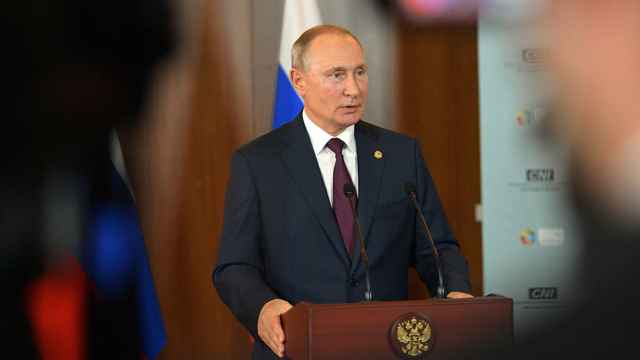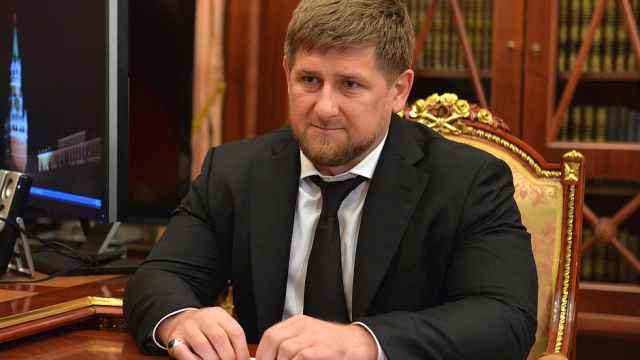In the past two years, the number of Russians who point to President Vladimir Putin's foreign policy as an asset has fallen by six percent, a recent poll shows.
A Levada Center poll conducted in July 2018 and published Thursday asked respondents to specify what they liked and did not like about Putin, allowing for multiple answers.
Most respondents, 49 percent, said Putin's "experience" attracted them to the president. Meanwhile, sixteen percent of those questioned pointed to Putin's foreign policy as a plus. In a similar poll conducted two years ago, that figure was 22 percent.
Denis Volkov, a sociologist with the Levada Center, linked the drop in support to foreign policy fatigue about Russia’s involvement abroad. Russia provides military aid to the Syrian regime in its seven-year civil war and is accused of backing pro-Russian separatists in Ukraine.
“People say in many recent polls ‘Enough of helping everyone else, we need to help ourselves’,” the RBC news website quoted Volkov as saying on Thursday.
Andrei Kolesnikov with the Carnegie Moscow Center said domestic issues have come to the fore for Russians because of the government’s plans to raise the retirement age.
“People have decided that military operations are less essential, and more money needs to be spent on domestic issues,” Kolesnikov told RBC.
When respondents were asked what they disliked about Putin, the most common answers were his ties to big business, association with corruption and his detachment from the interests of ordinary Russians.
Nearly half of respondents said they were either unsure about their opinion of the president or liked everything about him.
The poll noted that Putin’s overall popularity continues to grow, even as another Levada poll found trust in the president had dropped below 50 percent.
Levada conducted the survey on July 19-25 among 1,600 respondents in 52 Russian regions.
Correction: A previous version of this article stated that only 16 percent of Russians supported Putin's foreign policy. In fact, that figure refers to the number of people who pointed to Putin's foreign policy as one of the things they liked about him.
A Message from The Moscow Times:
Dear readers,
We are facing unprecedented challenges. Russia's Prosecutor General's Office has designated The Moscow Times as an "undesirable" organization, criminalizing our work and putting our staff at risk of prosecution. This follows our earlier unjust labeling as a "foreign agent."
These actions are direct attempts to silence independent journalism in Russia. The authorities claim our work "discredits the decisions of the Russian leadership." We see things differently: we strive to provide accurate, unbiased reporting on Russia.
We, the journalists of The Moscow Times, refuse to be silenced. But to continue our work, we need your help.
Your support, no matter how small, makes a world of difference. If you can, please support us monthly starting from just $2. It's quick to set up, and every contribution makes a significant impact.
By supporting The Moscow Times, you're defending open, independent journalism in the face of repression. Thank you for standing with us.
Remind me later.






